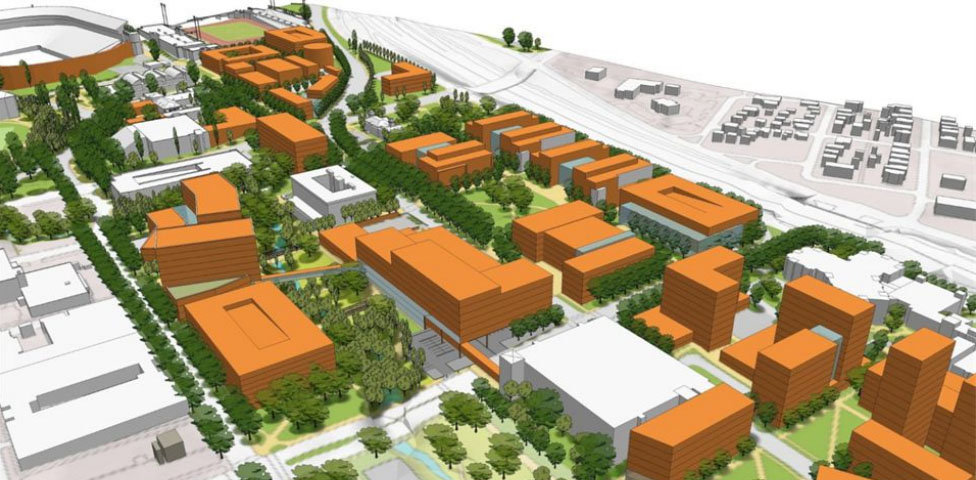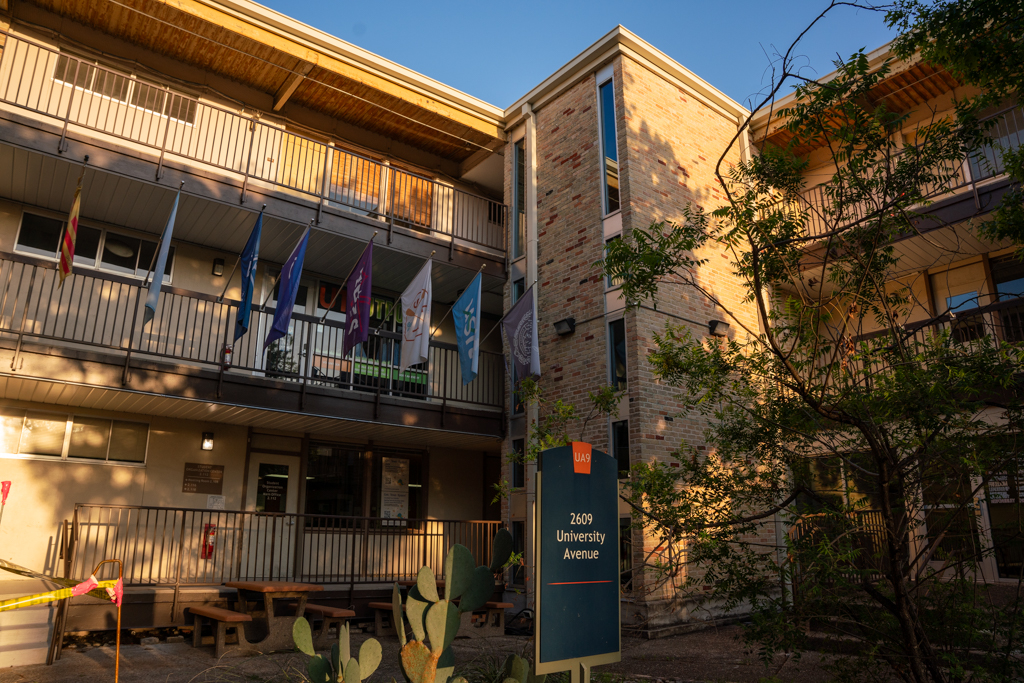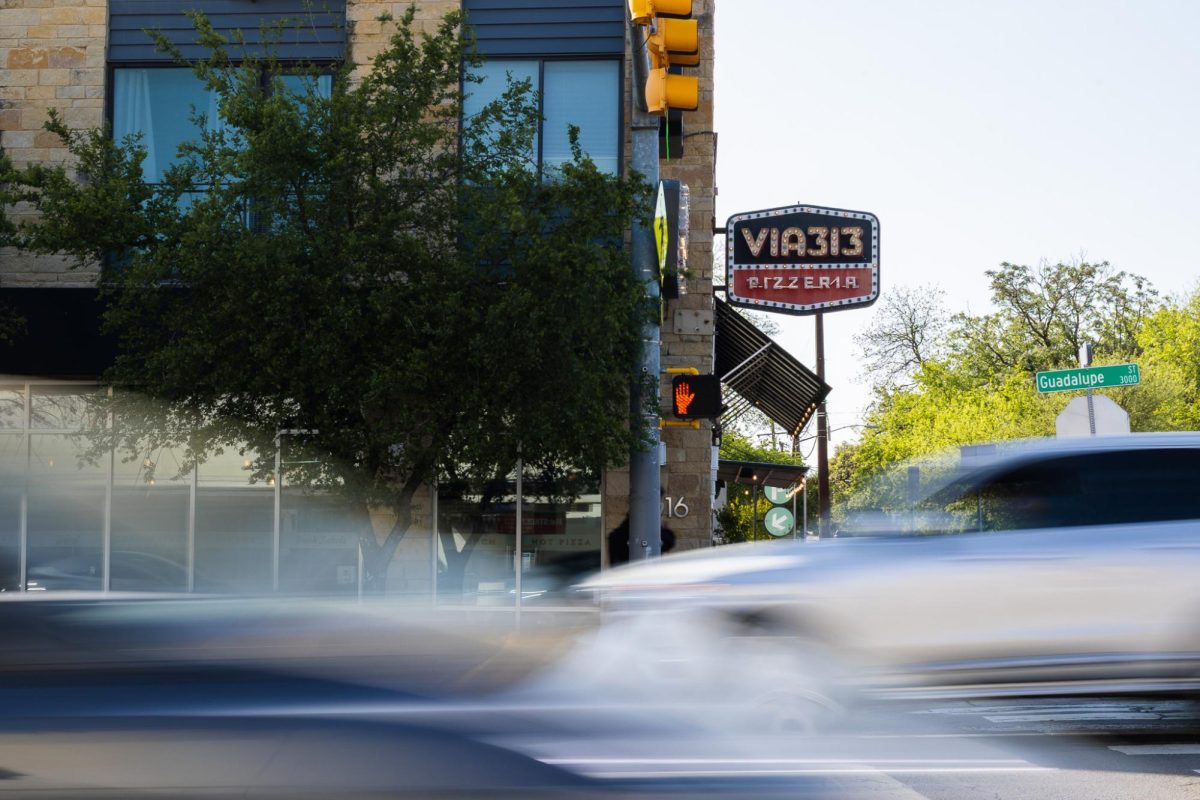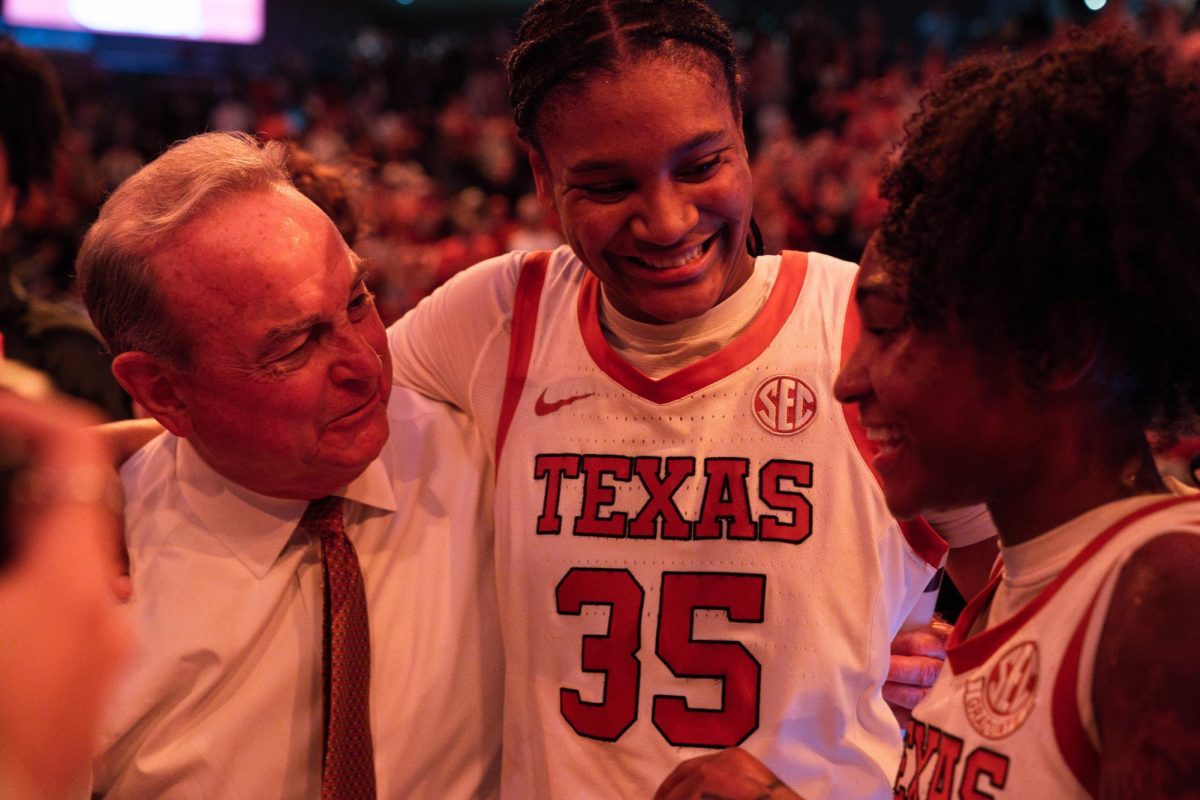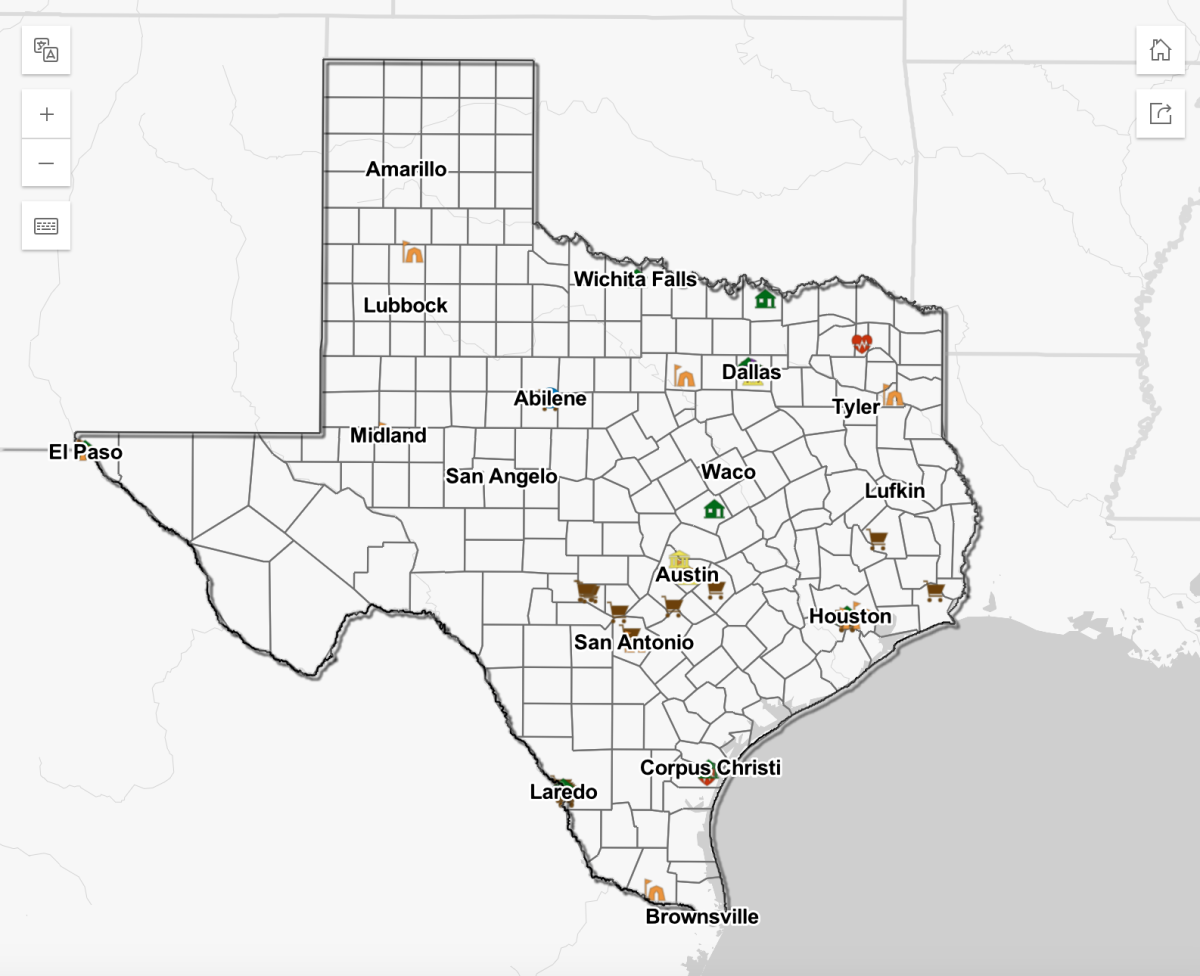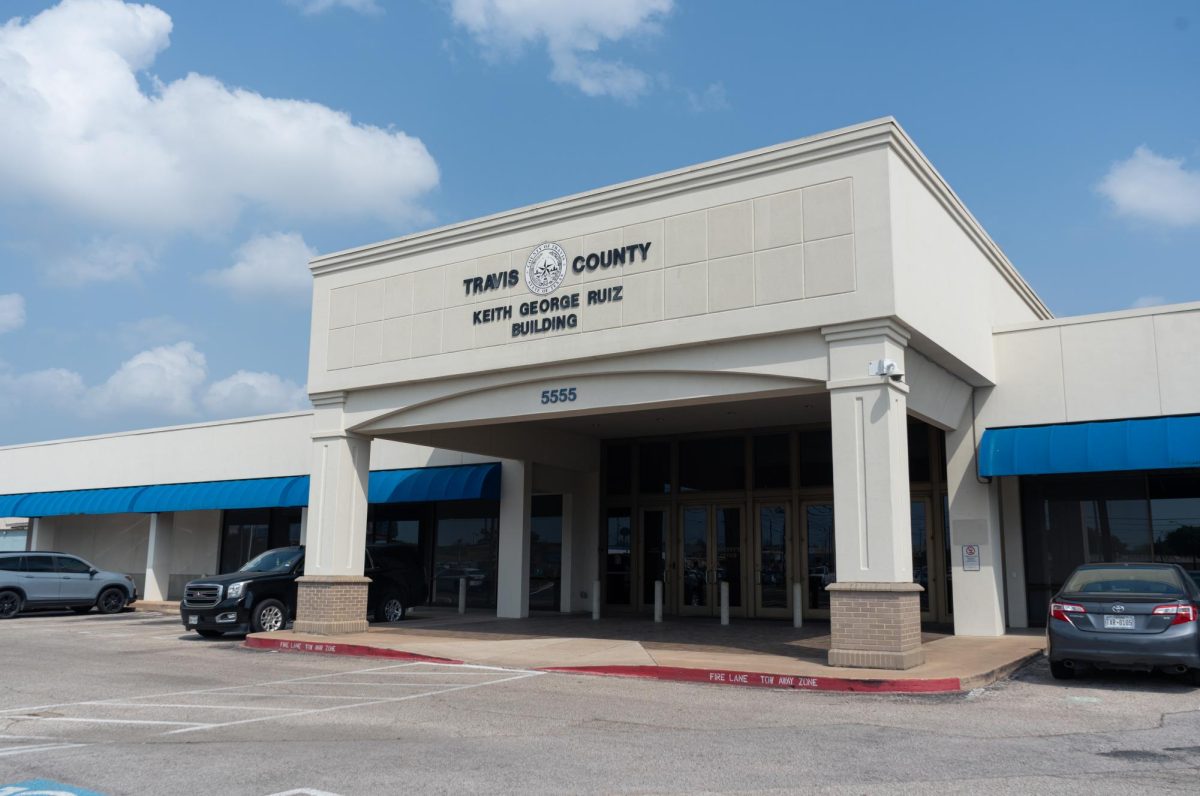UT administrators are scouring far and wide to find an inaugural dean for the Dell Medical School — a position that will fundamentally shape the school and determine its role in the Austin community.
A search committee of UT faculty, students and industry leaders began accepting applications and nominations for the dean position this month. Applications will be reviewed this fall and officials expect the position to be filled by early 2014. The school is set to begin classes starting in fall 2016.
A dean has his or her hand in everything from shaping general policy to providing insight on specific student and faculty situations.
“On a typical day, I might have a meeting with a small group of [senior officials or faculty], hold a series of conversations with individuals about any number of relevant and immediate issues — for example, hiring of a new senior faculty member — approve a number of faculty actions, such as salary changes, and discuss, in general terms, curricular changes,” said Francisco González-Scarano, the dean of the UT School of Medicine in San Antonio.
UT’s Dell Medical School is seeking a dean with previous academic medical experience who has a record of interdisciplinary research, management experience in running medical schools and experience communicating with political actors, private sector leaders and the media, according to a job posting released this month.
“The inaugural dean will have a tremendous opportunity to define the culture, priorities and strategies of the school in a way that doesn’t exist anywhere in the country,” said Robert Cullick, spokesman for the Dell Medical School. “It’s not only a new medical school, but one with a tremendous commitment to research.”
The dean will also be responsible for managing partnerships between UT, the Seton Healthcare Family and Travis County Central Health. Seton runs several hospitals in Austin and has committed $295 million to build a teaching hospital for students enrolled at the new medical school.
Central Health is a county organization that works to ensure Austin’s poor have access to health care. Voters last year approved a property tax increase to support the new medical school and teaching hospital, among other health projects.
Robert Messing, vice provost for biomedical sciences and chair of the search committee, said some work now being done to get the school running would be postponed until the new dean is hired.
“Several decisions will need to be made in the meantime to keep the project on schedule, but we are planning for flexibility to allow the inaugural dean plenty of opportunity to shape the program,” Messing said.
Cordell Cunningham, a medical student at the UT Medical Branch in Galveston, said the most successful deans are the deans who work with students, such as UTMB’s Dean Danny Jacobs.
“He’s had a couple of sessions where he talks to students and listens to them,” Cunningham said. “I think stuff like that’s important.”
There is palpable excitement in Austin for this school and everyone wants it to succeed, González-Scarano said. Although maintaining active community participation is vital in running medical schools, this can also lead to challenges.
“All medical schools have multiple missions, and the stakeholders often have slightly different orders of priorities,” González-Scarano said. “The most important challenge the new dean will face is negotiating through these nuances and maintaining all of the constituencies happy while at the same time advancing the school.”
Correction: Due to an editing error, an original version of this story stated Seton pledged $245 million for a new teaching hospital. Seton has actually pledged $295 million.

